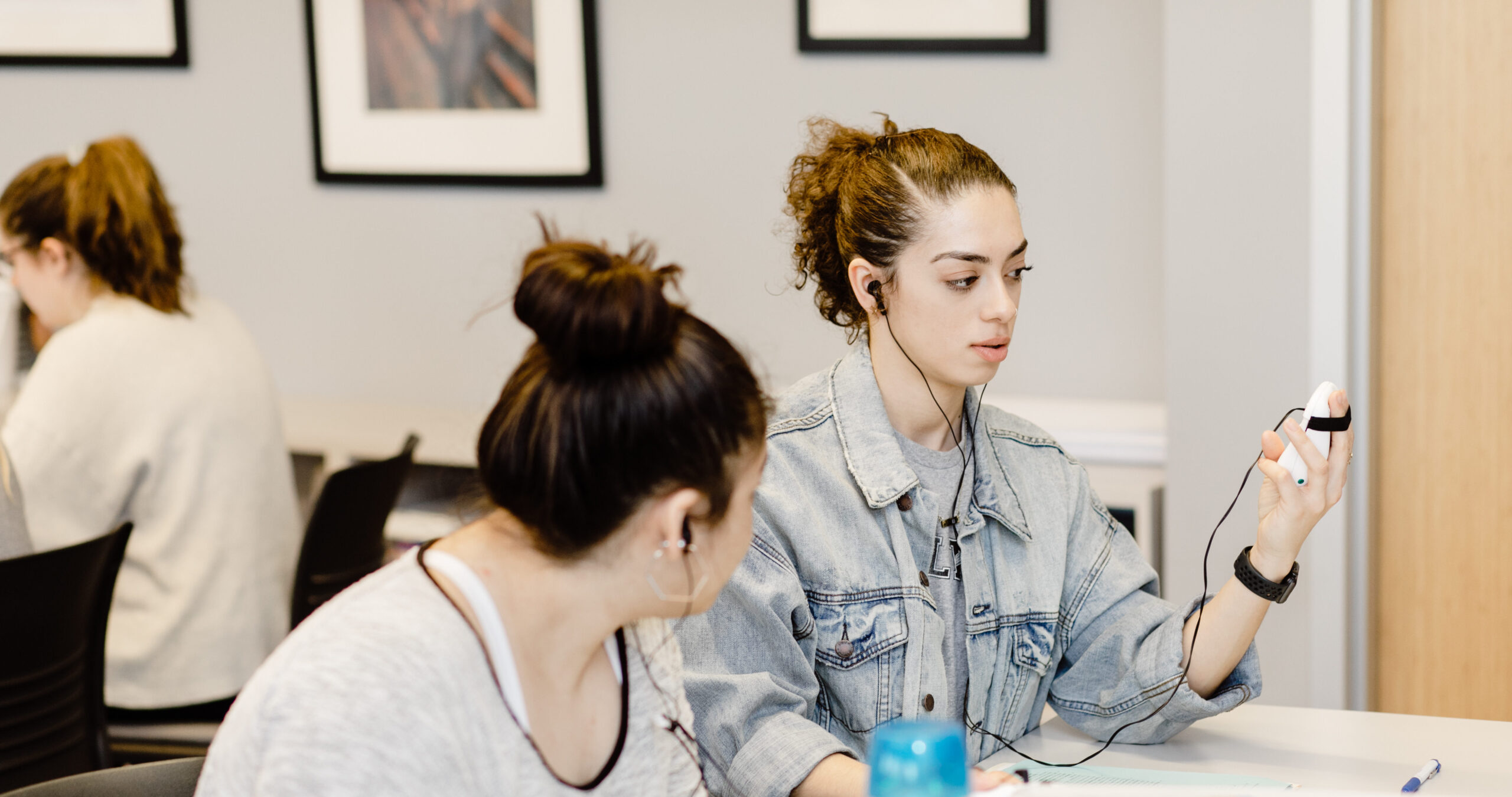Psychology as a Science and Profession
Psychology is a broad discipline which incorporates both the scientific study of behavior and mental processes, and the systematic application of this knowledge to applied problems.
As a psychology student at ���ϳԹ�, you will have opportunities to develop professional and research skills through interactions with professors who are engaged in professional and scientific work, and hands-on experiences. Your undergraduate experiences will help you to apply your classroom knowledge and will prepare you for the workplace or graduate study.
Internships
The Psychology Department has placed students at many internship locations in the city and our students learn so much by working with Chicagoland organizations.
| Site | Focus/Program |
|---|---|
| Youth and Family Services | |
| Career services | |
| Faith-based social services | |
| Drug control efforts | |
| Protective services | |
| School Psychology | |
| Research department | |
| Housing, employment, supportive services for the homeless | |
| Forensic psychology | |
| Behavioral health advocacy/Social services | |
| Disaster relief/Community development | |
| Event planning | |
| Social services | |
| Social services/Community development | |
| Youth Ministry | |
| Parenting Progress | |
| Research Department | |
| Education, entertainment, activities for families with seriously ill children | |
| Occupational Therapy/Speech Language Pathology | |
| Social services, At-Risk Teens | |
| Healthcare, Mental Illness | |
| Behavior Management, Children and Families | |
| Faith-based youth services | |
| Youth services |
Student Internship Experiences
“Interning at Christopher House as a teacher assistant for pre-k students made me realize my love for kids and psychology. This wonderful opportunity helped me apply my psychological knowledge that I learned from my previous courses to prepare for my future work as a school counselor. The psychology professors do an exceptional job in preparing students for their internship and research by expanding our experiential learning.” —Grace Jang, C’19
“My internship was eye-opening for me. I was able to gain amazing experience in Occupational Therapy. It is because of this internship that I know OT is the right path for me.” —Reagan Clement, C’20
“I thoroughly enjoyed my internship experience at The Kedzie Center (TKC). In my role as intern, I developed my communication and networking skills, including how to effectively inquire about general organization information and intake processes, and I learned about the importance of community partnership within the context of mental health. Overall, my internship experience at TKC greatly improved my self-confidence as a budding mental health professional and affirmed my desire to work with an adolescent population.” —Emily Gierloff, C’19
“The occupational therapists at Swedish Hospital helped me work towards observational hours for graduate school, and they were very supportive. I met many students pursuing different fields while interning at Swedish and they gave me good advice, especially on what to expect in grad school. I would recommend an internship to all students.” —Drake Lukwago, C’19
Current Research
The psychology professors are engaged in active scholarly work and are open to collaboration with undergraduates. Here’s what we’re working on:
Elizabeth Gray
Dr. Gray’s current research investigates learning in the psychology classroom including student perceptions of content and instructors, study skills, pedagogical strategies, and effective assignments. Previously, she has investigated personality effects in romantic relationships and on academic performance, and the stability of trait characteristics during young adulthood. With her students, she studies the interesting associations between traits and behaviors.
Kathryn O’Toole
Research conducted in the NPU Media Psychology Lab explores the interplay between human cognition, behavior, and new media and technologies. Our goal is to understand how media and technology influence the human experience with emphasis on learning, cognition, stress, and affect. Recent projects examined (1) the effect of mobile phone use (active texting) and presence (phone vibrations) on performance on a learning task and (2) the relation between daily smartphone use and positive and negative experiences.
Student Research Experiences
“While completing a senior research project, I learned the importance of taking perspectives on a topic from different domains, while operating systematically and being goal-oriented. I was fascinated by getting more insight in the field, applying my knowledge, and working to improve my skills.” —Monika Eiermann, C’19


